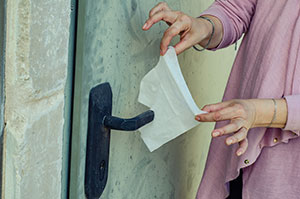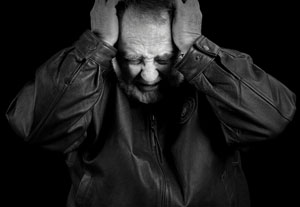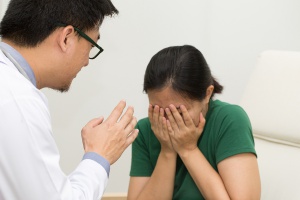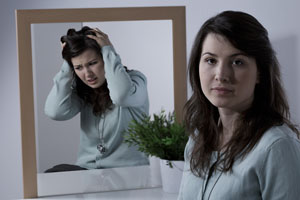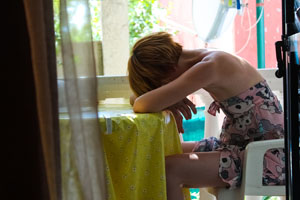Mysophobia (Fear of Germs & Dirt)
Get help for mysophobia (fear of germs and dirt), with Dr. Taji Huang, PhD in Glendale, CA. She is a licensed psychologist with years of experience in treating anxiety disorders and phobias. Learn more about the signs and symptoms of this condition and the treatment options available to you.
What Is Mysophobia?
In basic terms, mysophobia is an extreme and irrational fear of germs, bacteria, and microbes that live in our bodies and everywhere on our planet. While good hygiene and cleanliness are essential, those who have mysophobia cannot get past obsessive thoughts surrounding the possibility of contamination, even in safe, everyday circumstances.
Often, this phobia can appear alongside OCD (obsessive-compulsive disorder). It can interrupt work, school, and relationships if the person affected does not learn coping skills and treatment.
Signs & Symptoms
Mysophobia has many symptoms. Your experience will be unique based on your personal triggers and the root cause of your phobia, but some seem to be fairly universal. Many people with a fear of dirt or germs will experience the physical symptoms of panic, such as increased heart rate, nausea, shortness of breath, and sweating.
Other signs and symptoms include:
- An Irrational Fear Of Germs, Dirt, Bacteria & Other Microbes
- Avoidance Or Fear Of Physical Contact
- Compulsive Hand Washing Or Cleaning
- Obsession With Cleaning Products Or Sanitizers
- Avoidance Of Public Outings & Crowded Situations
- Panic Over Not Being Able To Complete Cleaning Rituals
Effective Treatment Options
There are a few treatments available for those coping with mysophobia. The primary treatment is therapy with a licensed, experienced psychologist. Other treatment options include exposure therapy and a variety of medications.
Here are some of the most popular treatments, many of which can be combined:
- Cognitive Behavioral Therapy
- Exposure Therapy
- Anti-Anxiety Medication
- Beta-Blockers
- Anti-Depressants
- Relaxation Techniques
How Therapy Helps
A counselor can help investigate the root or origin of your mysophobia and teach you coping techniques. A therapist can help redirect obsessive thoughts and talk you through strategies for overcoming them.
Exposure therapy provides a safe and controlled environment to come face-to-face with the fear can also help. While a psychologist does not prescribe medication, they can work closely with the patient’s doctor to add medicine to the treatment plan if needed.
Find Help For Mysophobia In Glendale
Mysophobia does not have to control your life or the life of your loved one. Help is available. Contact Dr. Taji Huang for a consultation and to set up behavioral therapy for mysophobia or other mental health concerns in Glendale and the surrounding area.

